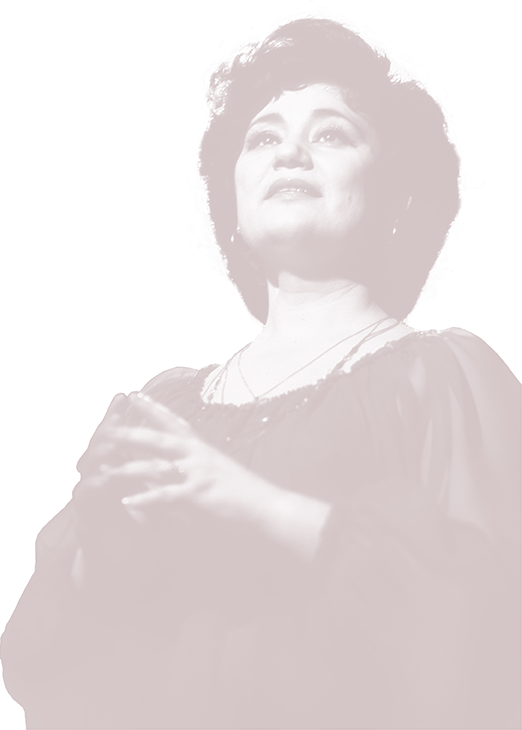
The action of the opera begins with Angelotti, a political prisoner, who seeks refuge in a church, where he is protected by Cavaradossi, a local painter, who is also the lover of the famous singer, Floria Tosca. The young painter behaves suspiciously while protecting his friend, and Tosca believes that he is cheating on her. The police chief, Baron Scarpia, plays with Floria Tosca's jealousy to locate the two men, whom he soon captures. Angelotti prefers to end his days rather than be imprisoned, and Tosca desperately begs Scarpia to spare Cavaradossi's life, the price being herself. Having obtained the certainty that he saved his lover from death, he kills Scarpia with a knife and heads to the dungeon to please Cavaradossi. Will the two lovers be able to be together? see more
"Iolanta" is the story of a young princess who lives in isolation, unaware that she is blind. Protected by those around her, she does not know the truth about her own condition or about the world beyond her enclosed universe. An encounter with love triggers a profound process of transformation and maturity. The opera speaks of the courage to accept the truth, of love, and of the desire to live life to the fullest. Tchaikovsky’s music transforms this story into an emotionally intense and deeply human experience. see more
"Iolanta" is the story of a young princess who lives in isolation, unaware that she is blind. Protected by those around her, she does not know the truth about her own condition or about the world beyond her enclosed universe. An encounter with love triggers a profound process of transformation and maturity. The opera speaks of the courage to accept the truth, of love, and of the desire to live life to the fullest. Tchaikovsky’s music transforms this story into an emotionally intense and deeply human experience. see more
The vocal-symphonic concert “Spring Harmonies: From Vienna to Broadway” is a vibrant musical journey through eras and styles. In one unforgettable evening, the elegance of European classics will meet the brilliance of Broadway hits, the power of a symphony orchestra blending with the inspired voices of soloists. You will enjoy beloved arias and spectacular pieces filled with the energy and emotions of spring. Treat yourself to an atmosphere of celebration, beauty, and live music that will touch your heart and leave lasting impressions. see more
"Iolanta" is the story of a young princess who lives in isolation, unaware that she is blind. Protected by those around her, she does not know the truth about her own condition or about the world beyond her enclosed universe. An encounter with love triggers a profound process of transformation and maturity. The opera speaks of the courage to accept the truth, of love, and of the desire to live life to the fullest. Tchaikovsky’s music transforms this story into an emotionally intense and deeply human experience. see more
Don Quixote de la Mancha is a literary work by the Spanish writer Miguel de Cervantes Saavedra. The first part appeared in 1605 under the name of El ingenioso hidalgo don Quijote de La Mancha and enjoyed great success from the public, being a masterpiece of Spanish and universal literature. The second part appeared in 1615 under the name of El ingenioso caballero don Quijote de La Mancha. The novel is now one of the most translated works in the world. The pattern in El licenciado Vidriera is repeated, so that Don Quixote, although considered crazy by others, turns out to be closer to the truth than people considered "normal", due to the nobility of his thinking and actions. Alonso Quijano, a poor nobleman approaching the age of 50, lives with his niece in an unknown part of La Mancha. A passionate reader of chivalrous novels, Don Quixote comes to consider himself a "wandering knight" so he sets off on horseback on his mule, Rocinante, armed with cardboard weapons. Like the hero in the adventure novels he read, Amadis de Gaula, he chooses a young lady to whom he will dedicate his victories in battle: Dulcinea del Toboso, a peasant from a neighboring land, whose real name is Aldonza Lorenzo, but which in reality was neither noble nor beautiful… see more
